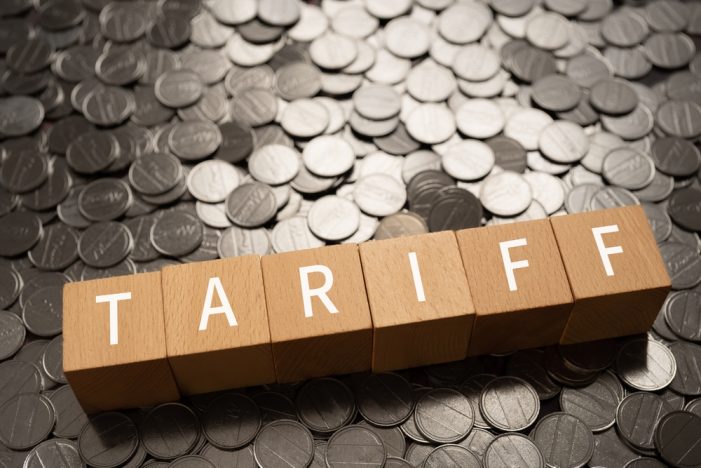By Michael Waldman, BRENNAN CENTER FOR JUSTICE
It was a lurid early reminder that the new administration could bring with it a cornucopia of corruption. Today’s quiet campaign deals turn into tomorrow’s scandals. And a recent study shows that donations improved the odds of avoiding tariffs in the last Trump administration. After voters rebelled against a government that does not work for them, this dynamic will pose a constant public challenge. And it will create new opportunities for the long drive for reform.
It goes beyond the new role for tech oligarchs. Elon Musk, of course, paid for the campaign’s “independent” digital field operation. A handful of billionaires provided roughly one-third of Trump’s campaign funds, according to the Financial Times. They want deregulation of industries such as cryptocurrency. (Kamala Harris, for her part, managed to blow through a billion dollars raised in three months and still ended up in debt.)
It also goes beyond industry-friendly policies promised by the incoming administration. Trump promised oil and gas executives that he would loosen environmental rules as he asked for $1 billion for his campaign — transactions he assured them would be “a deal.”
The very structure of the economic policy Trump is now building will be especially vulnerable to corruption. It all comes down to tariffs, something most of us learned about in history class if at all. These are the import taxes imposed on goods and services coming in from outside the country. Trump promised a 20 percent across-the-board duty coupled with deep cuts in income taxes (especially for the wealthy). Already, he has announced 25 percent tariffs on goods from Mexico, Canada, and China.
A government funded by tariffs produces crony capitalism. There is an endless demand for loopholes and quid pro quos. That is how things were done in the late 1800s, the gaudy age of widespread corruption dubbed by Mark Twain “the Gilded Age.”
Robber barons battled over rates. Some wanted duties high while others fought to be exempted. President William McKinley put sugar on the “exempt” list with no import duty, for example, which principally benefitted the Sugar Trust. Cargo ships raced to ports with minutes to spare to avoid one fee or another. In one early 20th-century fight, amid a scramble of lobbying, President William Howard Taft managed to eke out lower rates on animal hides, gloves, hosiery, and lumber.
“About two thousand millionaires run the policies of the Republican party and make its tariffs,” grumbled the publisher of the Chicago Tribune. “Whatever duties protect the two thousand plutocrats is protection to American industries. Whatever don’t is free trade.”
Tariffs were such a central political issue that author Steven Weisman called the decades around the turn of the 20th century The Great Tax Wars. The tariffs were understood to be regressive and prone to favoritism. That populist view animated the Populist and Progressive movements and spurred the creation of the income tax, which had to be passed three separate times and eventually required a constitutional amendment to enact.
Just three weeks after his reelection, Trumponomics has taken us back to the politics of a century ago. Already, one lobbyist told CNBC, dozens of panicked companies have called seeking services. “Absolutely everyone is calling,” she said. “It is nonstop.”
In Trump’s first administration, the lobby of his downtown Washington hotel was a notorious watering hole for lobbyists and influence peddlers. Trump sold that hotel, but not to worry. This time, it may be the entire capital that’s for sale.
The Gilded Age led to the first wave of Progressive-era anticorruption reforms, the forebears of the Watergate-era reforms that still shape our campaigns today. Whether there will ultimately be a new wave of reform in reaction to Trumpian excesses is the big question today.
_______
Michael Waldman is president and CEO of the Brennan Center for Justice at NYU Law and former head speechwriter for the Clinton White House. The piece below is from The Briefing, a weekly newsletter that offers his thoughts about the latest democracy news.

